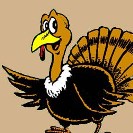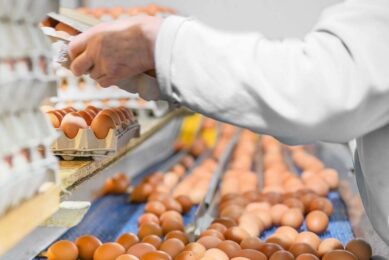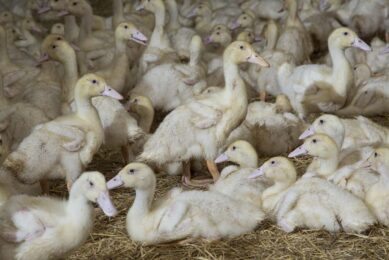UK turkey: more than a seasonal treat

The recent UK bird flu outbreak has brought to light just how popular turkey has become in the UK. In the 19th Century, turkey had an esteemed status in the UK, beloved of the upper and middle classes as a quality food.
Today it has become as unremarkable as beans on toast, and every bit as cheap and is a staple of many modern diets. Almost half the flesh consumed in the UK is poultry, and turkey accounts for 6% of the meat market as a whole. UK breeders reared more than 17 million turkeys for consumption last year.
In its unprocessed state, turkey was the only meat to make it onto an influential list of 14 “superfoods” to eat for health and vitality (along with blueberries, broccoli and walnuts). With meat high in protein and low in fat, it’s a favourite with followers of the Atkins, Zone, GI and South Beach diets.
Turkey tech
Additionally, turkey lent itself well to the emerging techniques of factory farming. It is easy to rear, when compared to goose; cheap to feed and able to put on a fantastic amount of weight quickly. Food historian Ivan Day says: “Turkeys became the protein factories of the 1960s and 70s. Breeders tried to develop new strains to put on more breast meat.”
Yet to food writer Joanna Blythman, turkey’s triumph tells a wider, worrying story about the UK public’s attitude to food. He believes: “Turkey is a kind of iconic food and symbolic of what’s gone wrong with British food production. It’s easy to prepare, very low grade, intensively farmed food and very cheap. It has almost no taste without the additives they put in. The turkeys that provide this meat have hugely overdeveloped breasts and are a travesty of what a turkey should be.”
Previous bird flu scares haven’t dented poultry sales in this country. Now that H5N1 has come to UK shores, only time will tell how sales of this now staple ingredient will hold up.
Related article:
Join 31,000+ subscribers
Subscribe to our newsletter to stay updated about all the need-to-know content in the poultry sector, three times a week. Beheer
Beheer








 WP Admin
WP Admin  Bewerk bericht
Bewerk bericht